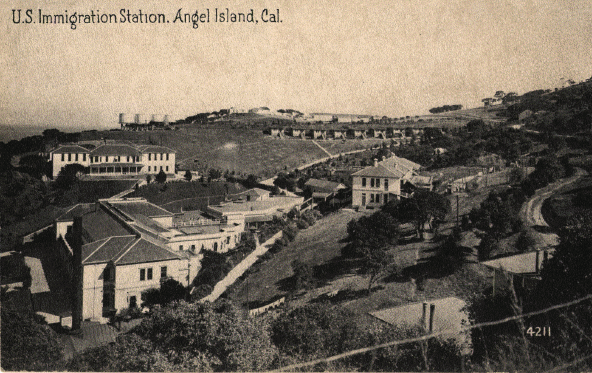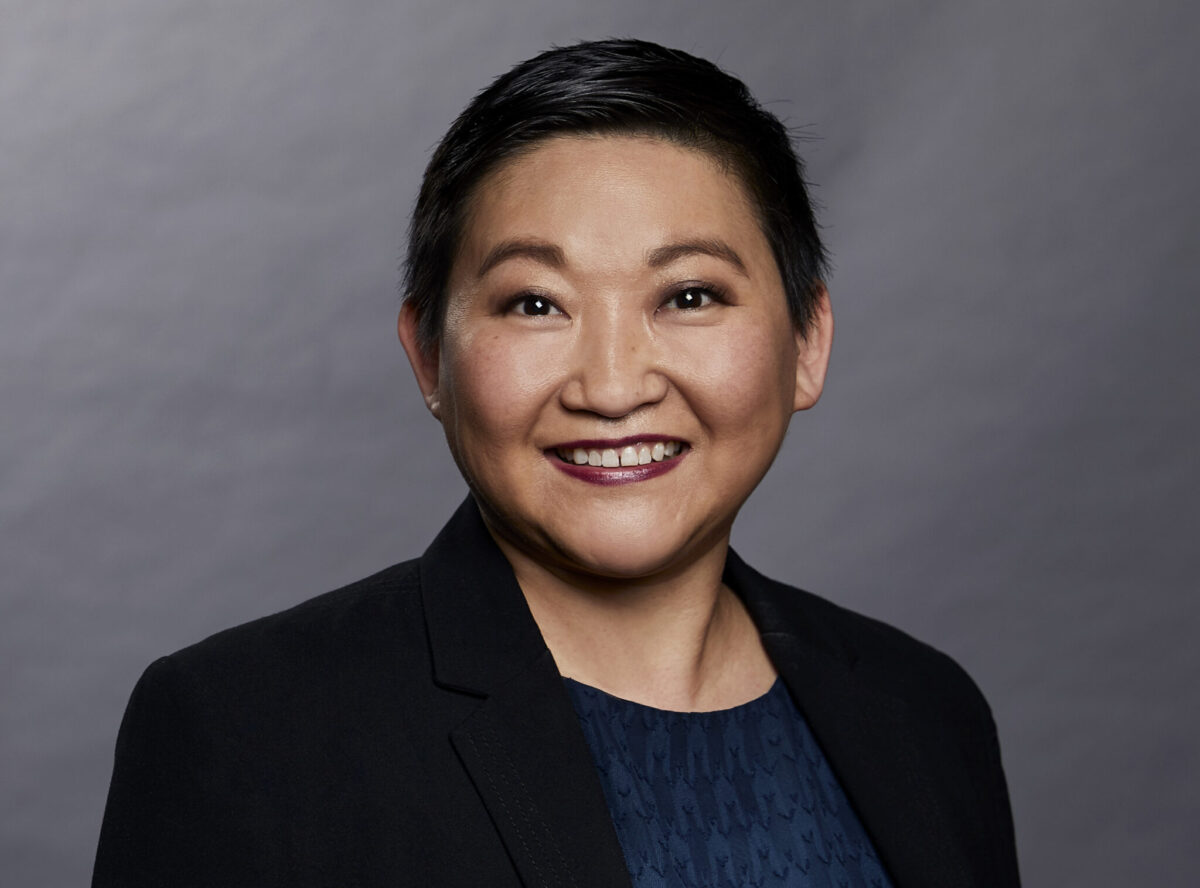
Jeff of “Asian Pop” has written a brilliant column this week, exploring the irony of the GOP’s war on birthright citizenship on the centennial anniversary of Angel Island. Jeff eloquently recounts how the “paper son” phenomenon re-shaped the American landscape, and provided the basis for the Asian American community. Here’s an excerpt:
For his part, Wong’s father rarely talked about his paper son status at all. The remembered humiliations of detention and the lasting guilt at having borne false witness had created walls of shame around his Angel Island story, as restrictive as those that had jailed him decades before.
That desire to forget the past comes with its own price, Genny Lim notes. “My mother and father and sister all came through Angel Island, and I never even knew that until I started to do research on the subject,” she says. “My father even accused me of digging up something that shows our community in a very negative light — that we came here illegally, that we violated the law. His psychology is marked by this trauma that we Chinese are unwelcome here, that we are never going to be bona fide Americans. So he and my mother were afraid to participate in politics and in the civic process, because they never felt they had the right to do so, and were afraid that they would be condemned if they did.”
In 1980, Lim was moved by her parents’ plight to write a play about the Angel Island experience, “Paper Angels,” which still stands today as one of the most vivid and important illustrations of this painful era in immigration history. Written as a series of sharply drawn vignettes, it follows a group of detainees of varied background and purpose as they undergo ruthless cross-examinations, attempt to reconcile the bright promises made to them and the miserable reality of their internment, and ultimately, survive or succumb to stress, rage and frustration.
It ends with a resonant moment, as young, pregnant Mei Lai delivers her baby — a son, blessed by accident of geography with the right to U.S. citizenship; this leads the warden to release of Mei Lai and her husband out of “special consideration” for her status as the mother of a newborn American.
It is a hopeful ending to an otherwise bleak narrative, but one that highlights once again the dangerous rhetoric that has entered into recent discourse on immigration. In our contemporary era, Mei Lai’s son Yang would not be seen as a symbol of new hope in a new nation, but an “anchor baby” — an ugly term in an even uglier debate.
There’s little evidence that our borders are being threatened by an invasion of pregnant women, seeking to use their offspring as a tether to America (and the legal reality is that illegals still face deportation even if they have American-born citizen children).
Nevertheless, this alleged phenomenon has inspired leading Republicans like Sen. Lindsay Graham, Sen. Minority Whip Jon Kyl and Sen. Minority Leader Mitch McConnell to call for hearings to discuss repealing or altering the 14th Amendment to eliminate jus solis, the standard of citizenship for any and all born on this nation’s soil and under this nation’s laws. It should be noted that without jus solis as laid out in the 14th Amendment and upheld in the Wong Kim Ark decision, some 90 percent of the Chinese American population might not exist today — and nor, in essence, would America.
That’s because birthright citizenship is a quintessential part of what makes our nation what it is — a free and democratic society that abhors tyranny and welcomes its victims; that treats people as individuals and respects their civil and human rights; that does not discriminate based on race, culture or country of origin.
Read the whole article here: Born in the U.S.A.


